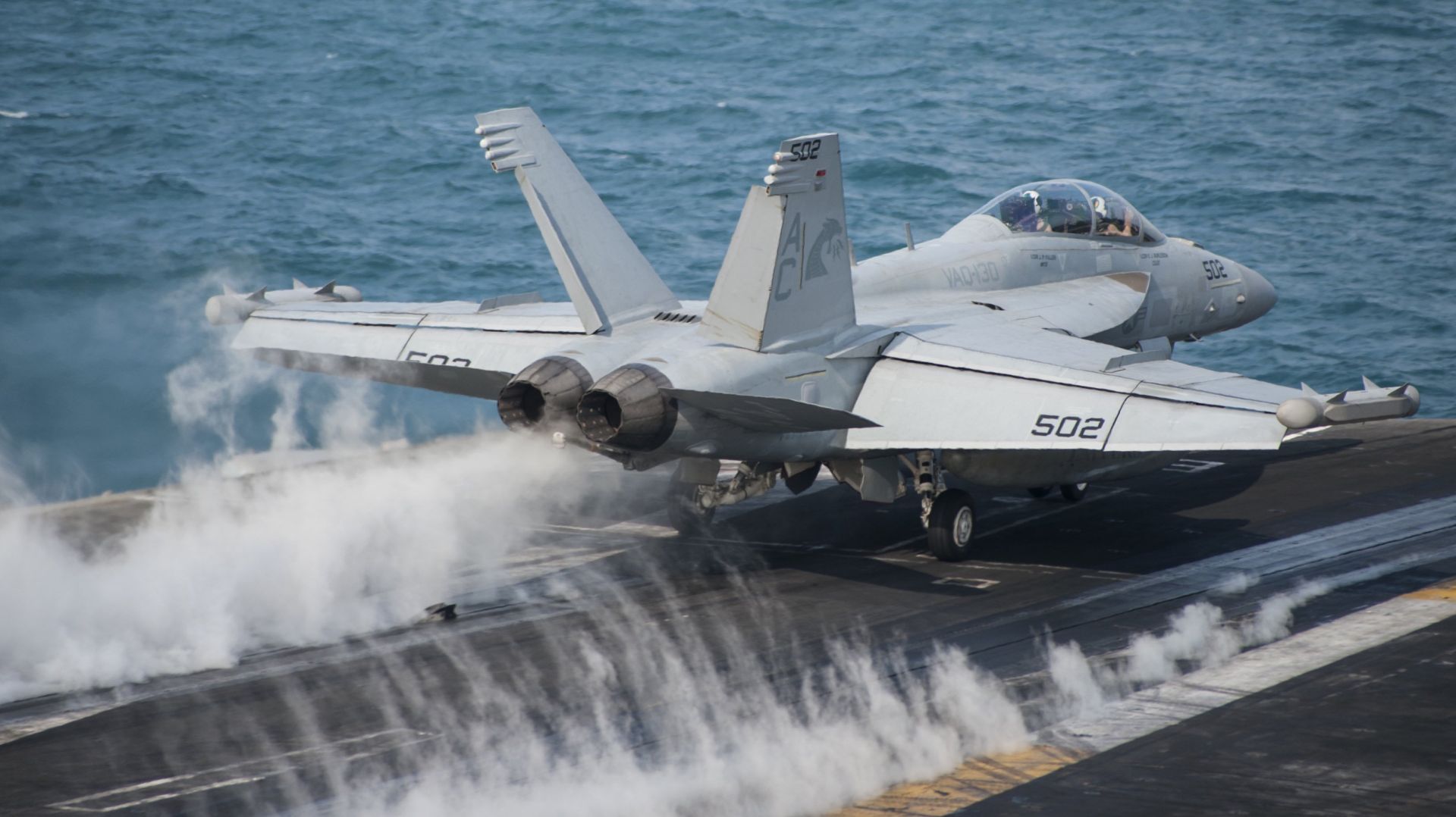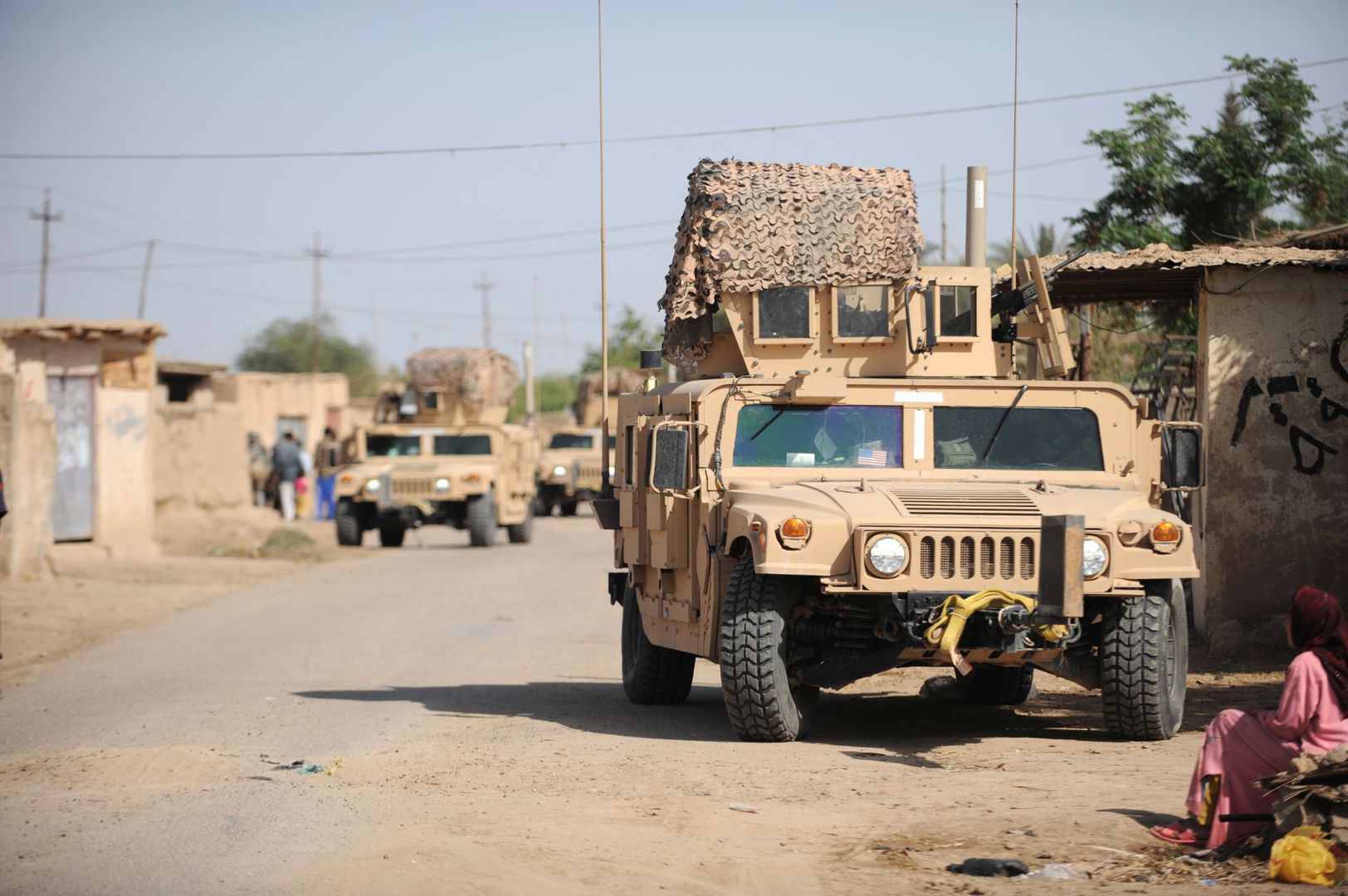The US Navy and Boeing announced Monday they had flown two fighter jets in exercises under the control of a third jet nearby, proving that multiple pilotless combat missions can be run from a separate aircraft.
In experimental tests late last year at the Patuxent River Naval Air Station southeast of Washington, the Navy and Boeing sent two EA-18G Growlers through 21 distinct missions during four flights, with each aircraft being controlled from a third EA-16 nearby.
The two “unmanned” or “surrogate” Growlers did have backup pilots in them for safety, but otherwise flew as if the pilot’s seat was empty, while someone in the third plane maneuvered them remotely.
The flights “proved the effectiveness of technology allowing F/A-18 Super Hornets and EA-18G Growlers to perform combat missions with unmanned systems,” Boeing said in a statement.
The EA-16 is a specialized electronic warfare aircraft used to challenge enemy radar and jamming communications, mostly flown from aircraft carriers.
It is adapted from the F/A-18F Super Hornet fighter jet, used by the Navy and armed with air-to-air and air-to-ground missiles.
“This technology allows the Navy to extend the reach of sensors while keeping manned aircraft out of harm’s way,” said Tom Brandt of Boeing.
“It could provide synergy with other US Navy unmanned systems in development across the spectrum and in other services.”











